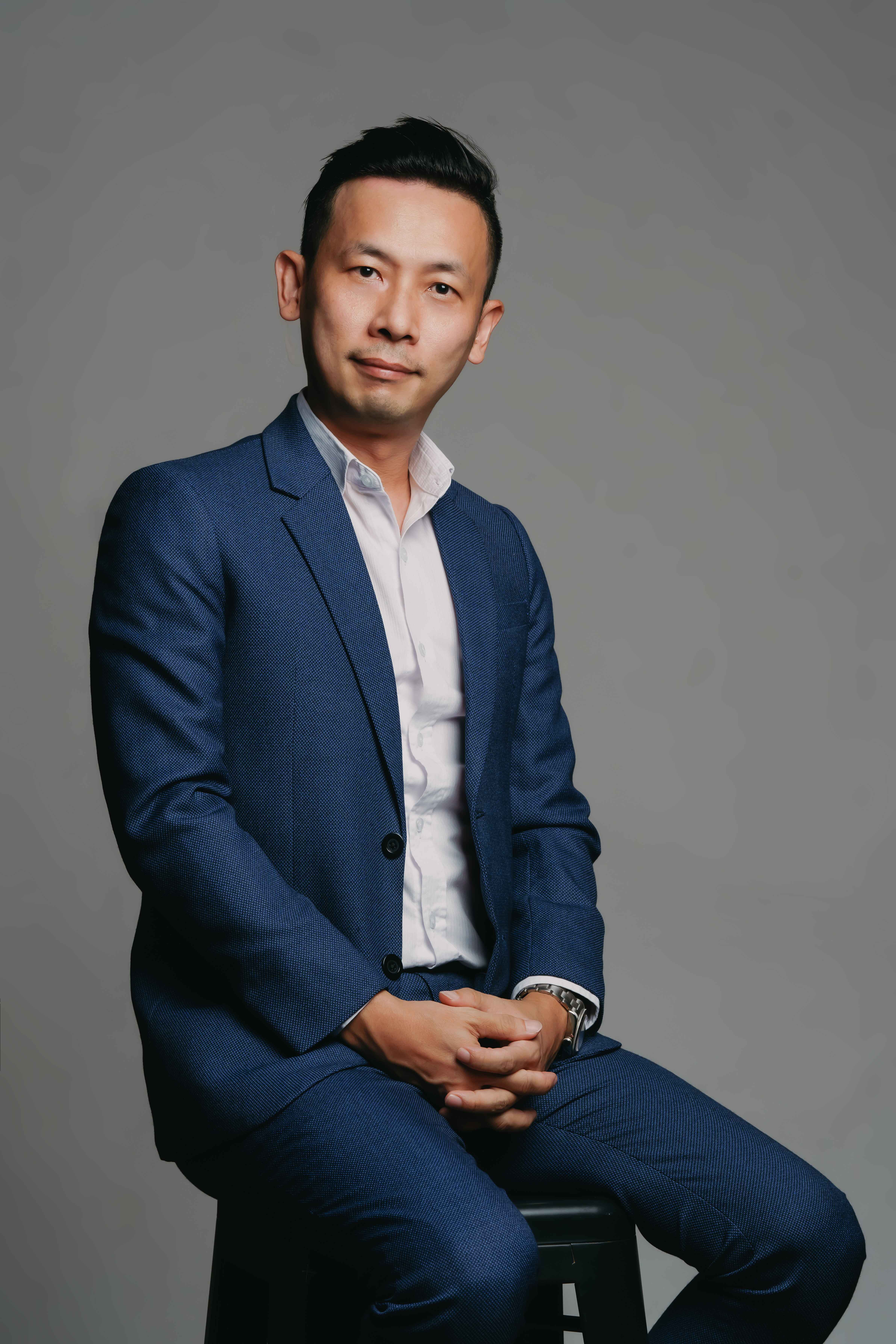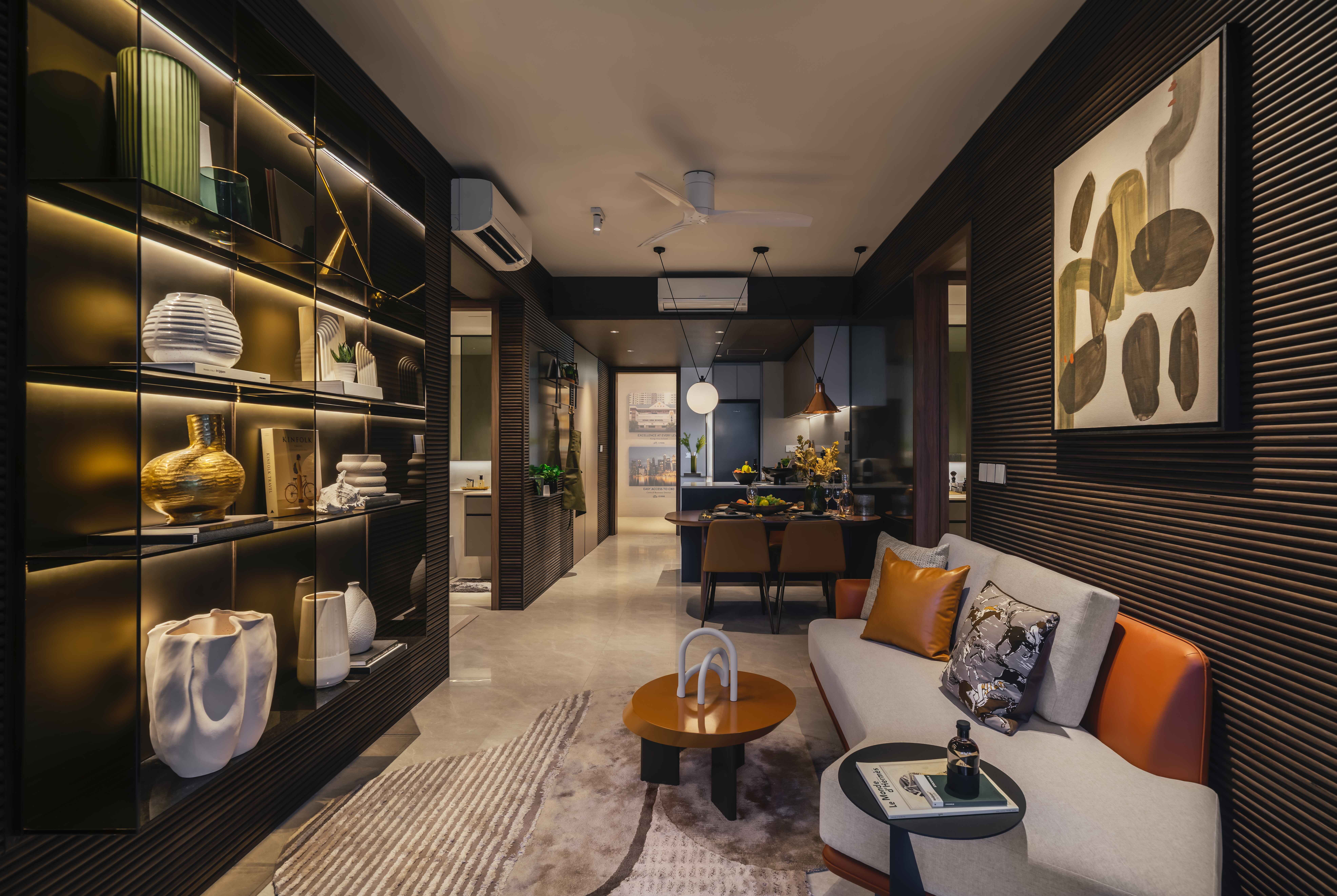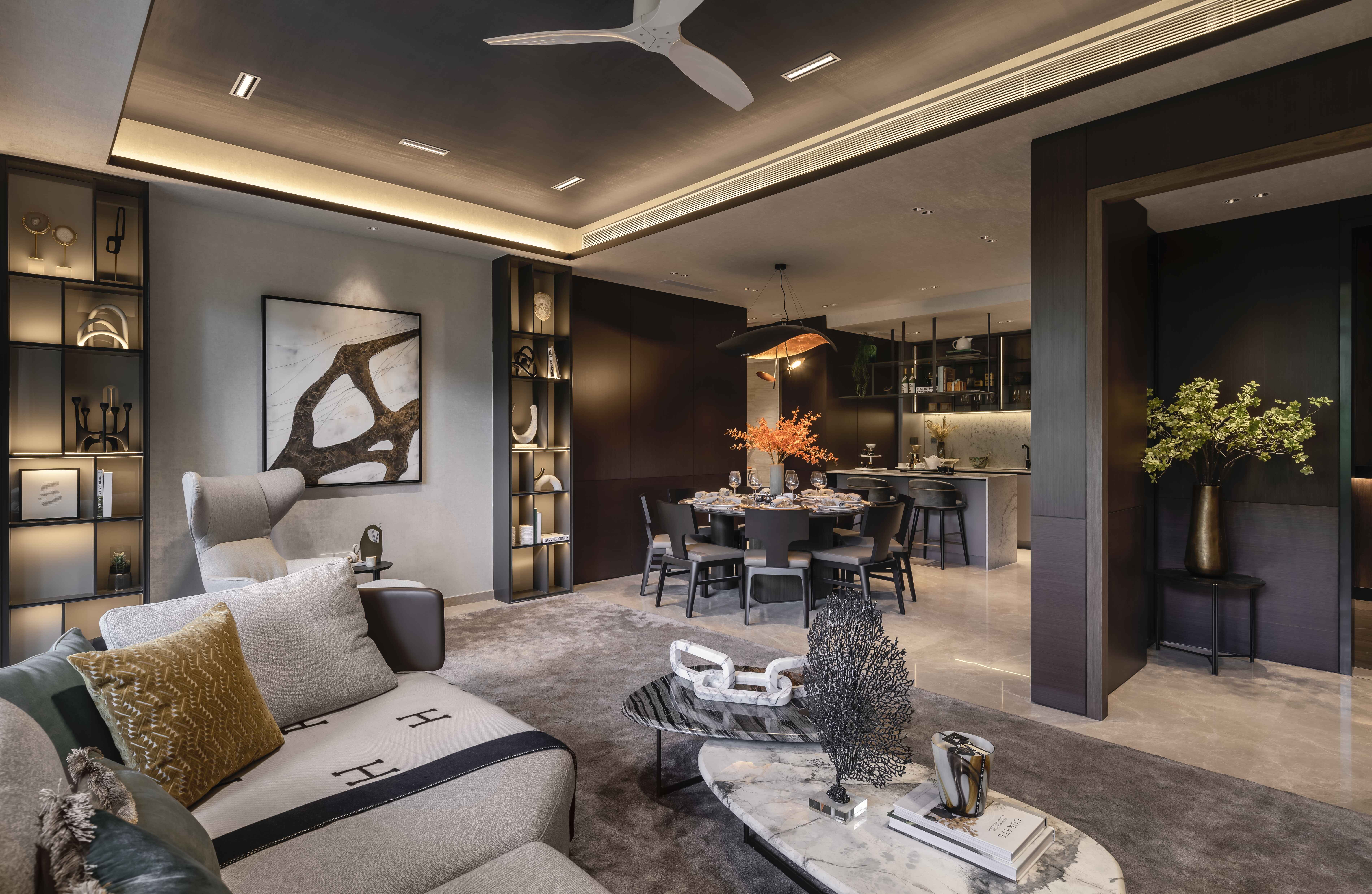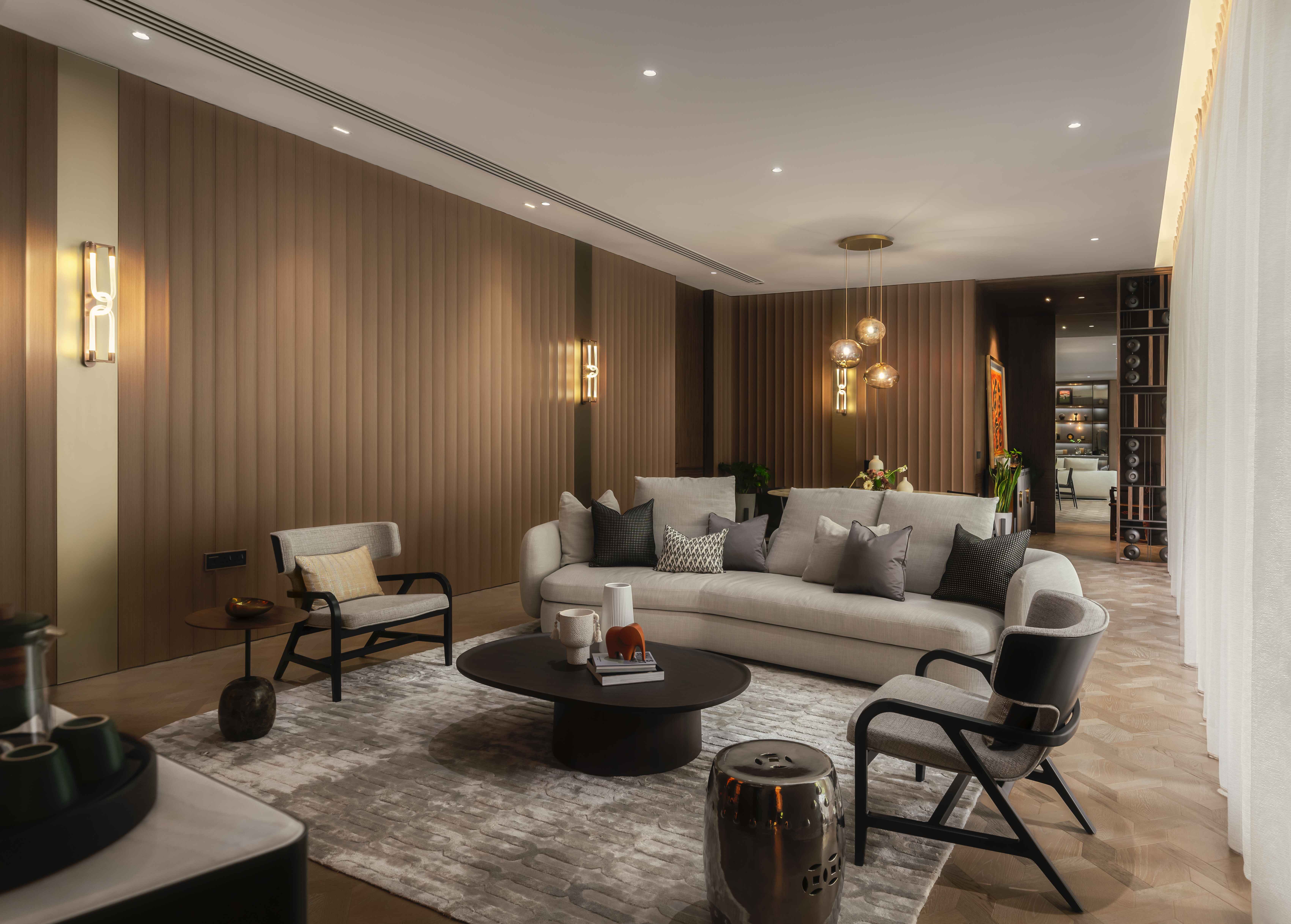It was a serendipitous moment when Henry Yew got gifted a box of 72 color pencils at the age of five after winning first prize in an art competition. “I have always loved art and design. [The box of color pencils] was a big deal to me, as I did not come from a well-to-do family; it probably inspired me to take art more seriously,” says Yew, Deputy Managing Director of Index Design, which was founded in 1994. The firm has also ventured into Kuala Lumpur, where it is working on a hotel project.
Following from that art competition, Yew went on to take art as an additional subject in secondary school, staying back for two hours after his school mates had gone home. “I have no regrets, as it nurtured my design interest. I am glad I picked design as my career, as it is an extension [of art],” elaborates Yew, who graduated from an Interior Architecture and Design course in Singapore’s Temasek Polytechnic.
His firm celebrates its 30th anniversary this year. Its portfolio ranges from luxury homes to inspiring showflats and hospitality spaces. Three include projects in high-end condominiums, such as 45 Amber, Irwell Hill Residences, The Reef at King’s Dock and KL Eco City. The firm also designed the new flagship store for 150-year-old Swiss sanitary ware brand Geberit at Marina Square. Warm timber tones create a welcoming setting for customers to view the products, while blue light reflects the brand’s commitment to technological advancement.
When it comes to designing homes, Yew believes that choosing the right furniture is key as they are the touch points of a home. He brings up the example of a recently completed house in Sentosa, where he selected an On the Rocks sofa from Edra in the living room. The Italian furniture brand, available at Space Furniture, is known for its dramatic seating, and this particular piece is an icon, designed by Francesco Binfaré in collaboration with Edra.
(Related: A trip back to the fabulous '70s with Acerbis)
“We love the flexibility of the sofa as users can sit on both sides, promoting interaction both in the living room and the dining room that faces the other side. We also love that its modular shapes are [not typical], compared to some other brands,” he adds. The modules comprising three polygons and a quadrilateral that enables varied organic compositions in a space.
Another sofa he has a personal liking for is the Saint-Germain from Poliform, which also retails at Space Furniture in Singapore. Yew has specified this sofa for two condominium projects in recent months. “I love its beautiful curves and the tapered angle that envelops the users beautifully. The seats are very comfortable too, and the sizes are perfect for smaller apartments that are common in Singapore,” he remarks.
Choosing well-designed, quality made furniture gives a sense of luxury to interiors, even if the setting is simple. It is the same with materials. Says Yew, “I believe the myth of marble as the ‘king’ of luxury should be dispelled. The technology of manufactured tiles has improved tremendously in recent years, so they should no longer be seen only for [less expensive] homes.
“Established tile factories are also usually very conscious about their manufacturing processes to ensure minimal damage to the environment,” adds Yew on considering the sustainability aspects of home building that is a vital discourse today. Tiles provide a more ecological alternative to natural stones that are extracted from mountains. “Trees and animal lives’ will inevitably be impacted in the extraction processes,” reveals Yew.
The firm’s dedication to their work has resulted in a slew of awards. These include The Best Design Firm of the Year accolade in the Singapore Interior Design Awards (SIDA) 2021, as well as a Best in Residential Design (Showflats) award at SIDA 2023 for the Terra Hill development, which is a collaborative project between Hoi Hup Realty and Sunway Development. The showflat features an expanded living room and four bedrooms, dressed in a moody palette of greys and brown that exudes understated luxury.
On how he stays successful in his field, Yew attributes it to focusing on the client. “There is no point in achieving prizes if the client does not enjoy staying in [the homes we design]. We take our clients’ requirements very seriously and try our best to ensure they are met and delivered with little or no compromise to the aesthetics,” he comments.
Yew thinks it is especially important to create unique designs for homes to “celebrate the individualism of each homeowner.” This means creating a backdrop that celebrates their quirks, and enhances their routines and lifestyles rather than enforcing his own version of living. An interior designer’s role is akin to that of an author, he offers. “We write the first paragraph and decide on the illustration on the book cover. The owners will need to complete the story on their own.”







 Henry Yew, Deputy Managing Director, Index Design
Henry Yew, Deputy Managing Director, Index Design
 The showflat in The Continuum decked in darker shades and tan leather tones
The showflat in The Continuum decked in darker shades and tan leather tones
 A chinoiserie show flat in Terra Hill condominium that interplays dark wood tones with light grey textured wallpaper
A chinoiserie show flat in Terra Hill condominium that interplays dark wood tones with light grey textured wallpaper
 A condominium in MeyerHouse featuring plenty of dark wood veneer panelling
A condominium in MeyerHouse featuring plenty of dark wood veneer panelling




 Back
Back
